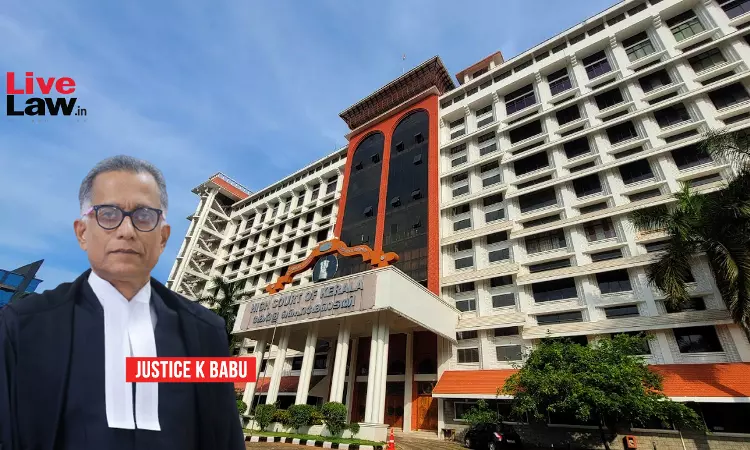Jurisdictional Court Cannot Deny Accused's Right To Surrender If Permitted By CrPC: Kerala High Court
Hannah M Varghese
8 July 2023 10:40 AM IST

Next Story
8 July 2023 10:40 AM IST
The Kerala High Court recently held that a Magistrate cannot conclude that the accused was not in the custody of the Court when he voluntarily surrenders to its jurisdiction; it should take such accused in custody and deal with him as per law.Justice K. Babu added that when CrPC permits an accused to surrender before the Court having jurisdiction over the subject matter, the jurisdictional...
